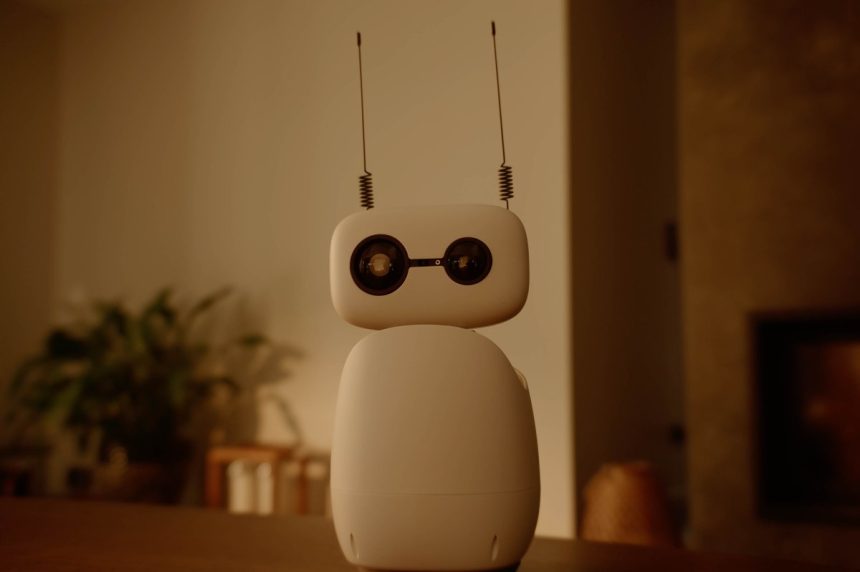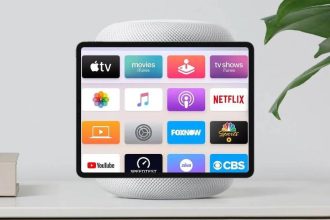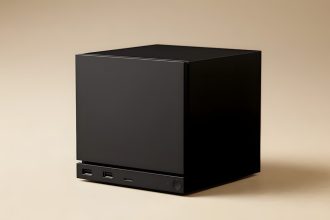Hugging Face has officially opened up orders for its latest innovation in robotics, the Reachy Mini desktop robots, aimed at developers eager to explore and experiment. This announcement was made on Wednesday, following the initial introduction of the prototypes in May, which included a larger humanoid robot named HopeJR.
The company plans to offer two distinct versions of the Reachy Mini. The first, the Reachy Mini Wireless, is equipped with wireless capabilities and is priced at $449, utilizing a Raspberry Pi 5 mini computer. The second variant, the Reachy Mini Lite, requires a wired connection to a computing source but is more affordable at $299.
Designed as open source, the robots come as kits for developers to assemble themselves. With a size comparable to a standard stuffed animal, the Reachy Minis include two screens that serve as eyes and feature two antennas.
Once assembled, both variants are fully programmable using Python. They come pre-loaded with demos and are integrated with the Hugging Face Hub, allowing access to over 1.7 million AI models and 400,000 datasets.
Clém Delangue, the CEO of Hugging Face, explained to TechCrunch that the decision to offer two models stemmed from user feedback regarding the initial prototype. One tester noted that their five-year-old daughter enjoyed taking the desktop robot around the house, prompting the company to broaden their offerings. “The goal in the future is to keep carefully getting a lot of feedback like that from users, from the community, that’s how we’ve always been building products at Hugging Face as an open source community platform,” Delangue commented. “By the nature of it being open source, it means that people will be able to extend it, modify it, change everything they want.”
The primary audience for these devices is AI developers. Delangue emphasized that users could code, build, and test AI applications on the Reachy Mini. “Anyone will be able to build their own specific features and apps for Reachy Mini that then they’ll be able to share with the community,” he stated. “So we hope that it’s really going to unleash the creativity of builders to build, you know, millions of different applications, millions of different features that they can share with the community, so that anyone can then, like, plug and play with it.”
The Reachy Mini Lite is scheduled to begin shipping next month, while the wireless version is expected to ship later this year. Delangue highlighted the importance of promptly delivering the products after orders instead of engaging in a prolonged pre-order process, ensuring the robots reach users as quickly as possible.
He also noted that this release aligns with Hugging Face’s vision for its robotics program: open source hardware that empowers users. “I feel like it’s really important for the future of robotics to be open source, instead of being closed source, black box, [and] concentrated in the hands of a few companies,” Delangue remarked. “I think it’s quite a scary world to have like millions of robots in people’s home controlled by one company, with customers, users, not really being able to control them, understand them. I would much rather live in a place, or in a world, or in a country, where everyone can have some control over the robots.”AI








